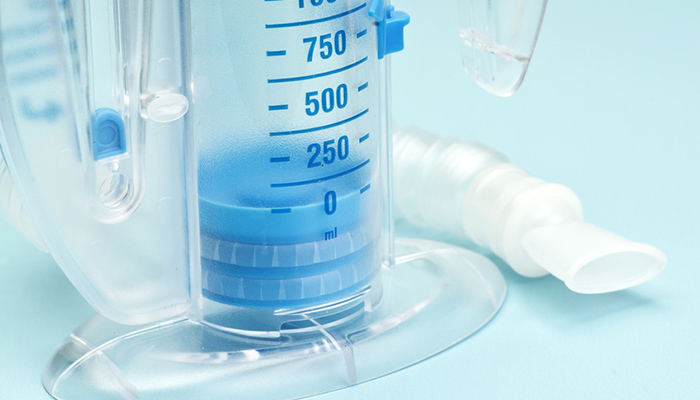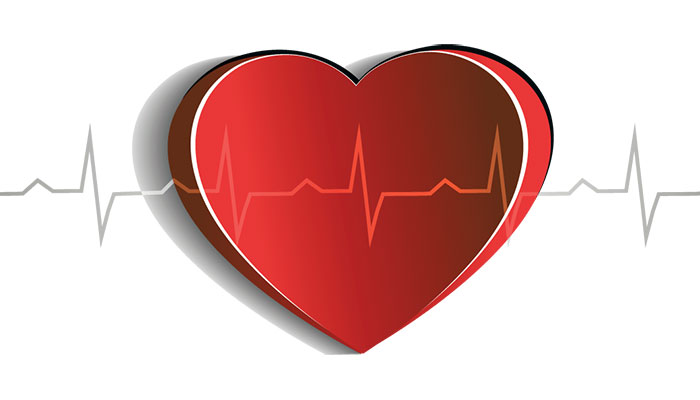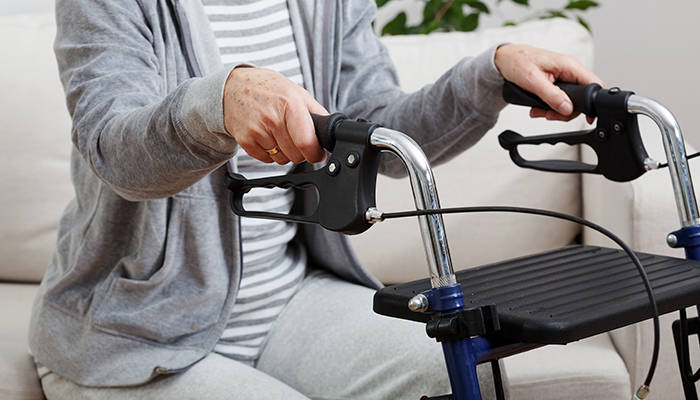
If the person you care for has been hospitalized, you may have noticed an odd-looking device on their bedside table. This is a “spirometer.” Patients blow into it several times an hour to prevent a particularly serious infection: hospital-acquired pneumonia. Hospital patients spend a lot of time in bed. Without activity, fluids build up in…










